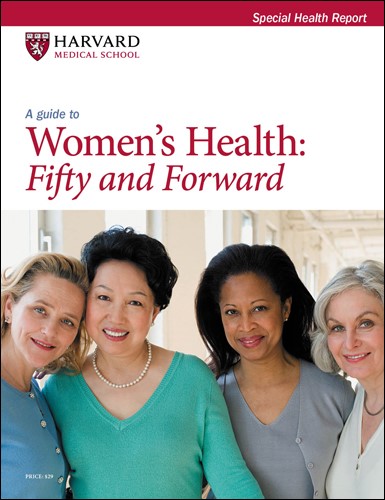National task force proposes updated breast cancer screening recommendations
Research we're watching
- Reviewed by Toni Golen, MD, Editor in Chief, Harvard Women's Health Watch; Editorial Advisory Board Member, Harvard Health Publishing; Contributor

Women at average risk for breast cancer should get screened every other year starting at age 40, according to new draft guidelines from an independent national panel of experts.
Released May 9, 2023, by the U.S. Preventive Services Task Force, the proposed recommendations update the group's earlier advice suggesting women undergo mammograms every other year starting at age 50. The new advice also largely aligns with 2022 guidelines by the National Comprehensive Cancer Network, an alliance of leading cancer centers, which recommends annual mammograms for women at average risk of breast cancer.
The update resulted from new scientific evidence that indicate biennial mammograms starting at 40 may prevent at least one additional breast cancer death for every 1,000 women. Each year, about 264,000 American women are diagnosed with breast cancer, and 42,000 die from the disease, according to the CDC.
Some women need earlier or more frequent screening, the task force said. These include women who had breast cancer before age 40; abnormal findings on a breast biopsy; chest radiation at a young age; or a test showing a genetic marker for breast cancer, such as a BRCA gene mutation. The task force's recommendation will not be final until after a public comment period.
Image: © Anchiy/Getty Images
About the Author

Maureen Salamon, Executive Editor, Harvard Women's Health Watch
About the Reviewer

Toni Golen, MD, Editor in Chief, Harvard Women's Health Watch; Editorial Advisory Board Member, Harvard Health Publishing; Contributor
Disclaimer:
As a service to our readers, Harvard Health Publishing provides access to our library of archived content. Please note the date of last review or update on all articles.
No content on this site, regardless of date, should ever be used as a substitute for direct medical advice from your doctor or other qualified clinician.
















